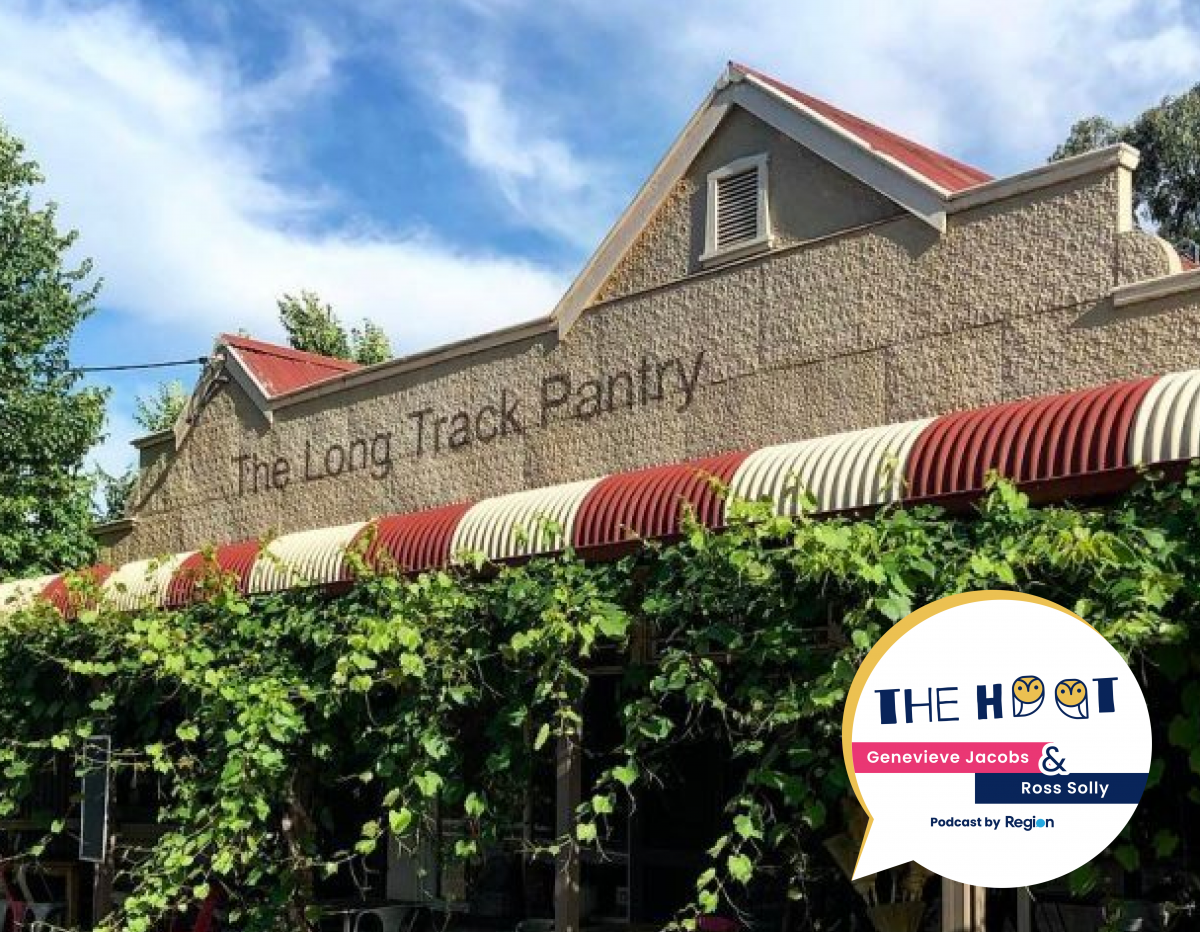
The Long Track pantry found itself at the centre of a Twitter fracas this week. Photo: File.
This week on the Hoot, Ross and Genevieve delve into the discussion about what voluntary assisted dying could look like before raising more than a cursory eyebrow at the previous government’s debt collection methods and how a village cafe found itself at the centre of a social media firestorm.
Now that we’re finally allowed to have the discussion and make the decision, the ACT’s voluntary assisted dying (VAD) debate is looming.
It’s a fair bet the Territory will pass laws that enable VAD and that there’s reasonably widespread agreement about the kind of laws already passed in most other Australian jurisdictions – it’s legal in every state and only the ACT and NT are yet to legislate, following the Territory Rights bill.
But should our laws go further? Marshall Perron, a former NT Chief Minister and longtime VAD advocate, thinks so. He’s suggesting we extend VAD rights significantly, but would the community be prepared to go that far?
Taking things too far has been the recurring theme of the Robodebt enquiry, which revealed, among a number of startling revelations, that debt collection had been outsourced to several private agencies.
Robodebt’s targets were often, by default, among the most vulnerable Australians. At least one of the firms involved was successfully prosecuted in 2019 by the Australian Competition and Consumer Commission for “unconscionable conduct”, so it’s clear that this was a risky approach to say the least.
The practice has now ended, and responsibility for chasing up debts returned to the public service. But what else does this reveal about the dividing line between outsourcing for efficiency and resourcing the public service?
A village cafe in Jugiong that solved a labour shortage by hiring local school kids has found itself in the centre of an unexpected social media meltdown. The allegation was that using school kids in the jam factory is child labour, but is that the same thing when the kids are paid an award wage plus super?
There’s been an outpouring of support for the cafe on social media, but also questions raised about what does and doesn’t constitute unfair working conditions for kids.
What do you think? Should children be allowed to work if the conditions are fair and they’re well supervised?
The Hoot appears every week on Riotact and wherever you get your podcasts, including Apple and Spotify. Have a listen, tell us what you think and rate us.













